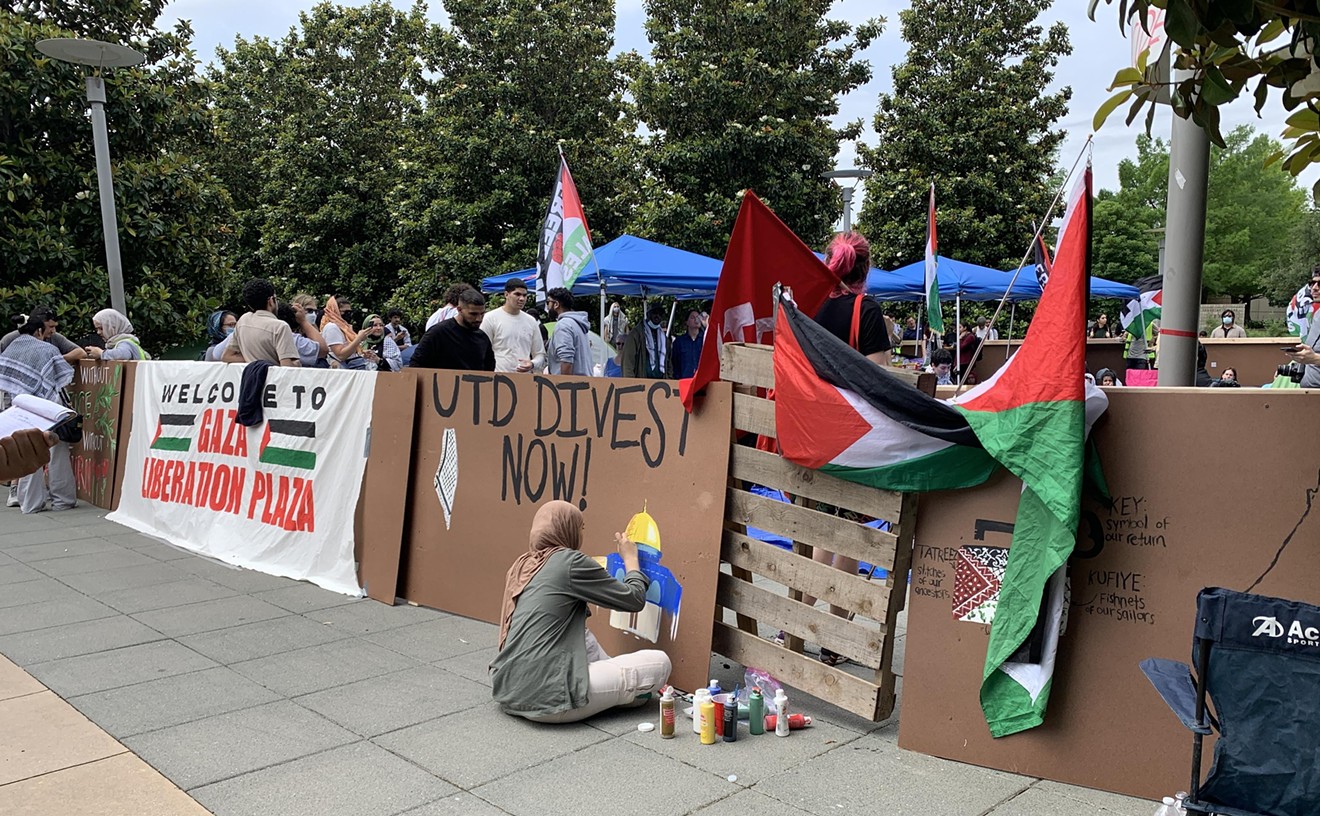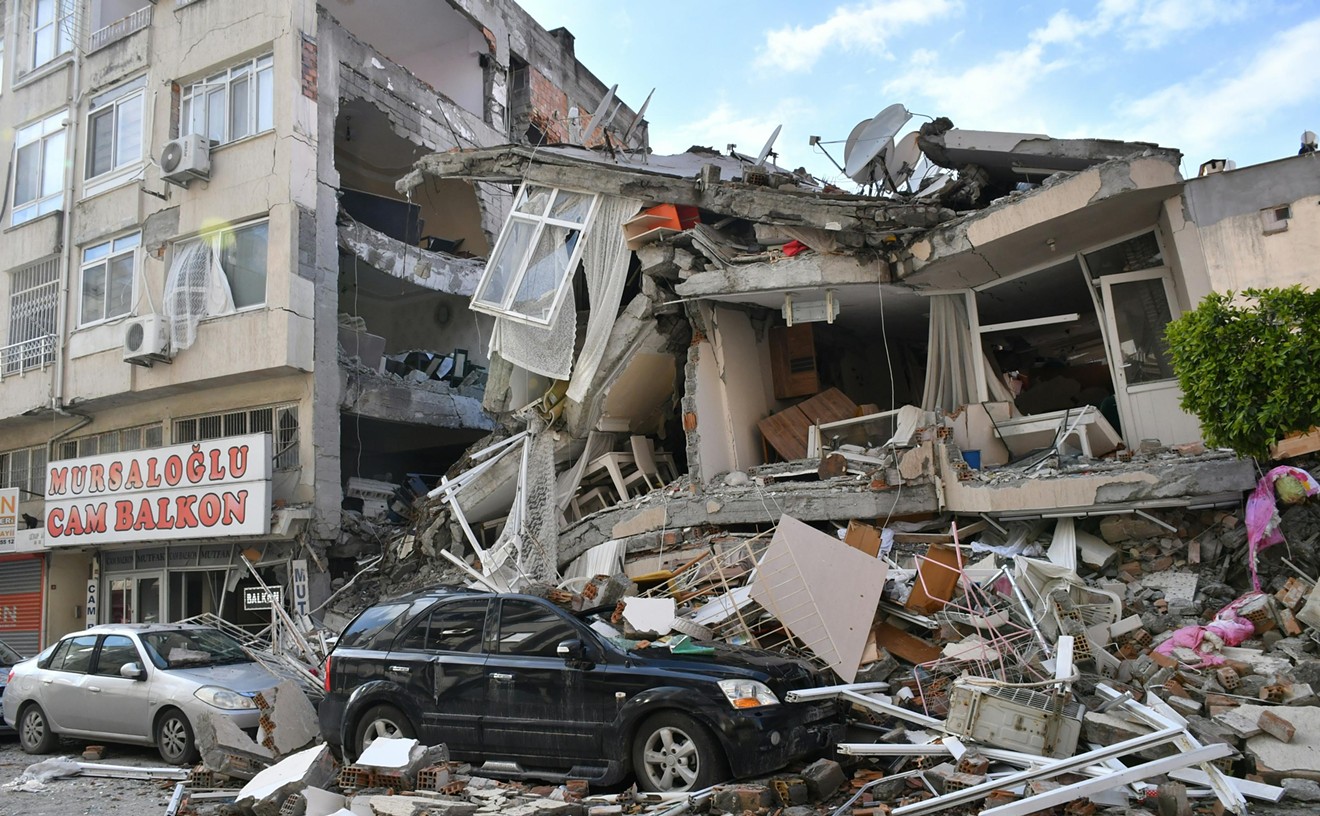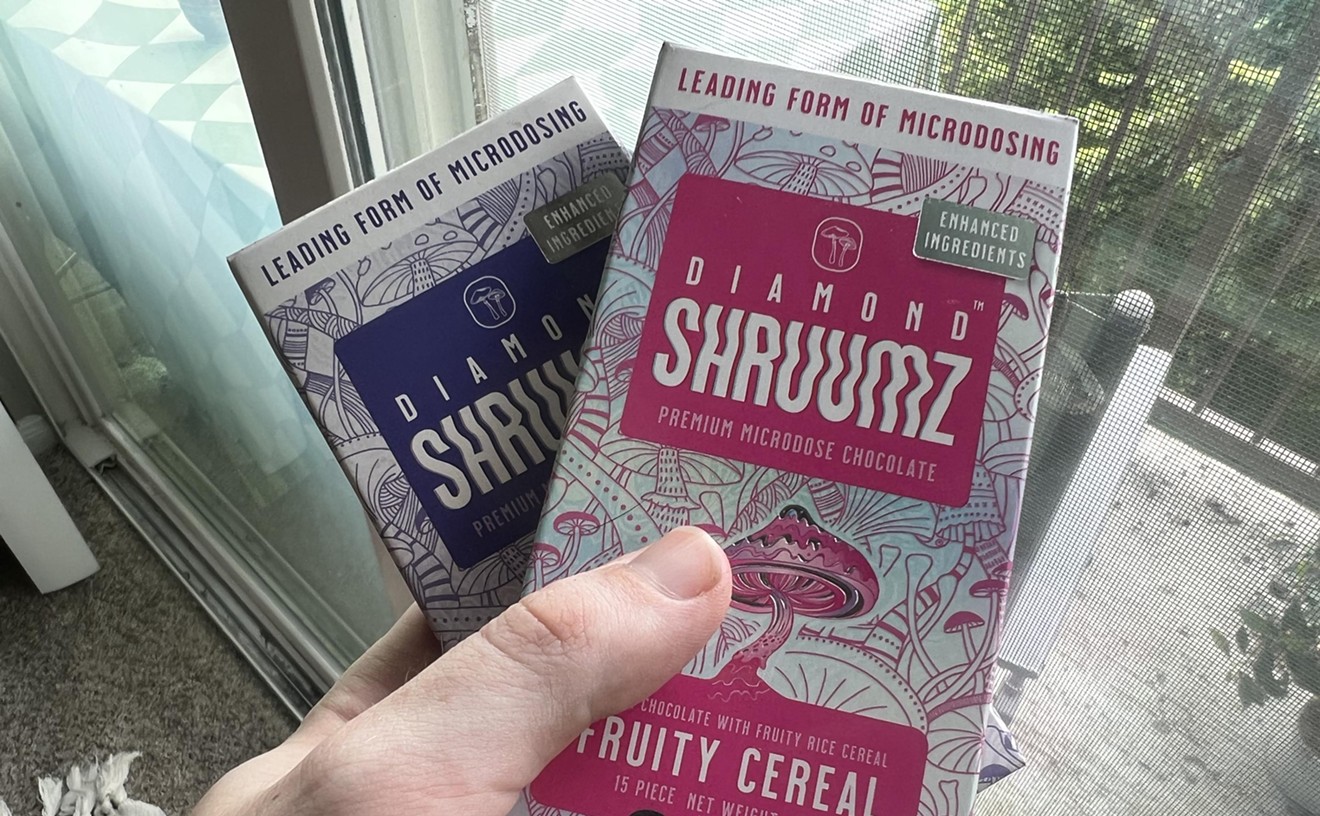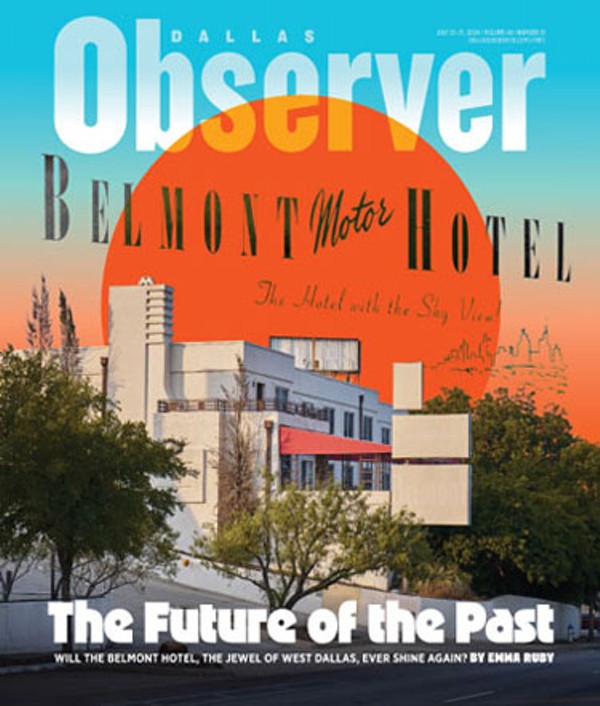Alison Grinter, a new appointee to the Community Police Oversight Board, said she didn’t expect any confrontation at her first meeting. But that’s what she got from Mike Mata, president of the Dallas Police Association, when he stepped up to the mic during the public speaker session of a board meeting on Nov. 7.
“We are trying to get members of the police department, members of the association, to believe when they step in here they’re going to get a fair shake,” Mata told the board. “How are they supposed to believe that when some individuals who I’m facing with right now have been part of organizations that have spoken harshly, that have said things that are not true, have been adversarial to the police department and members of our association. It violates the agreement we made.”
Mata didn’t name anyone specifically at the meeting but he later told the Observer he isn’t happy with two new appointees to the Community Police Oversight Board. Specifically, he said as long as local activist Changa Higgins and Grinter, a local attorney, are on the board, the police association won’t work with it. On Tuesday morning, the Dallas Morning News published an interview with Mata in which he announces he will leave the DPD in January to accept a position with an energy company.
For now, however, he’s advocating for Higgins and Grinter to be taken off the board. “They can leave them on the board,” Mata said. “Sure, leave them on the board. But you’re going to get no cooperation from the Dallas Police Association and its members. I can promise you that.”
The Community Police Oversight Board, made up of 15 members appointed by the City Council, is responsible for reviewing complaints against police officers. The board can also recommend policy changes and conduct its own investigations.
The police association president doesn’t like that Higgins has activist roots and that Grinter has worked with activists like Dominique Alexander and his organization, Next Generation Action Network, a social justice advocacy group. “If you’re going to have two individuals like that on the committee, how’s an officer supposed to feel like he’s going to get a fair shake?” Mata said.
Mata said he’s not sure if there’s a process for getting board members removed. “But it’s their choice,” he said. “They either want to have a cooperative relationship or they don’t.”
“Since this thing has been created, you haven’t heard me come out and blast whoever’s on the committee,” Mata said. He believes some members in the past have had an agenda, but it usually wasn’t so obvious, he said. Things are different with Higgins and Grinter, Mata said.“They either want to have a cooperative relationship or they don’t.” – Mike Mata, Dallas Police Association
tweet this
He wants there to be more vetting in the appointment process. “Somebody should have to look at it to make sure that they’re not super pro-police and not anti-police,” Mata said, “just level-headed, everyday citizens who do not have an agenda.”
Having Grinter and Higgins on the board creates a bigger hurdle of mistrust for people in the department, Mata said. “From the rank and file, it just revalidates their opinion that they didn’t have a fair shot in the first place,” he said. Higgins could not be reached for comment.
Grinter isn't sure why her appointment to the board would be so controversial.
“The thing I’m confused about is why anybody would be upset about people on the board who have been active in civil rights or who have participated with civil rights groups,” she said. “I think that if the police association believes that they are adverse to even the concept of civil rights, well that’s problematic, because really the police and civil rights should not be adverse parties. The police are there to protect us and make sure that everyone is treated equally and with civil rights. So, it’s kind of upsetting to me that Mr. Mata feels that that is a threat to him or the police association.”
According to Mata, the relationship between officers and the board hasn’t been good for some time. He said the last community police oversight monitor, Tonya McClary, routinely overstepped her bounds. He also said previous appointees to the board made decisions through feelings, not facts. “That’s not the purpose of the board,” Mata said.
Officers often have to be subpoenaed to appear before the board or they likely won’t show up. Regardless, the subpoena can’t force an officer to talk and, Mata said, they usually don’t. He thinks if there were more trust between the board and officers, maybe this wouldn’t be the case.
“So, what’s the purpose here?” Mata said. “I thought the purpose here was to ensure that the officers felt like they were getting a fair shake, which would encourage them to not only appear but to answer the questions from the oversight board.”
Mata, who has been with DPD for more than 25 years, thinks the board is taking the wrong approach to its job.
“The whole creation of this board was so that there could be clarity,” he said. “There could be more transparency. There could be more, I don’t want to say accountability, but more understanding between why officers choose to do what they do and the citizens that still have what they feel is a very valid complaint that was not met through the internal affairs division.”
He added: “If that’s the whole purpose, then you should have a committee that is unbiased and is willing to bring the complainant, who is the citizen, and the officer together in that room and explain and just answer those hard questions. If the citizen still feels like they didn’t get a fair shake but the officer was found to have not done anything wrong, well you know what, as adults, there’s plenty of times that we don’t see eye to eye and each just has to walk their own way.”












